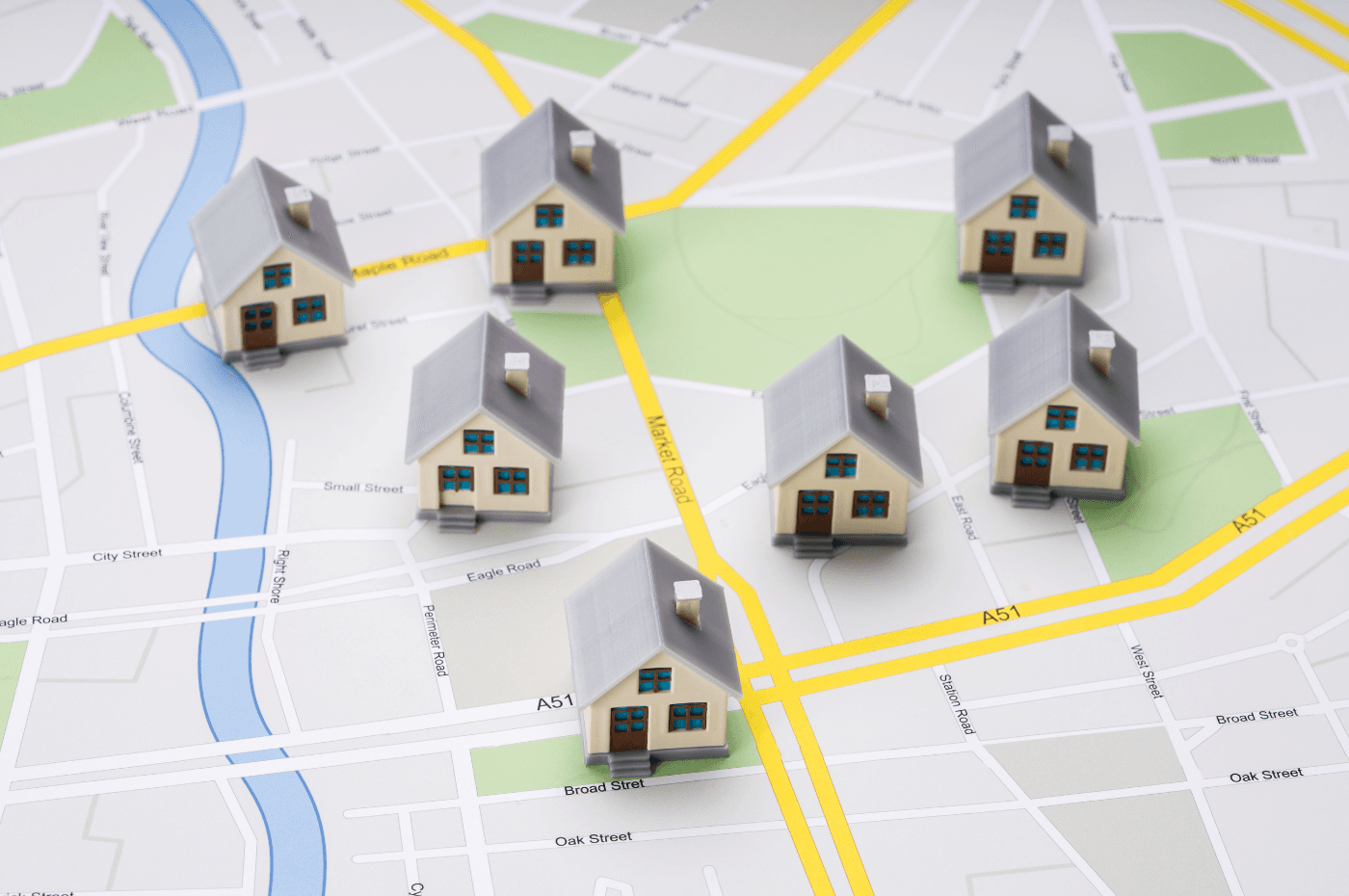Are you planning to apply for a mortgage? Do you know which type would best suit your needs?
Before you start your home-buying process, you will likely have several questions about your options. To help clarify things, let’s explore the various types of mortgages available. Let’s dive right in!
Closed vs open mortgages
One of the first decisions you’ll need to make when shopping for a mortgage is whether to choose a closed or open mortgage. Let’s take a closer look at what each of these options entail.
The closed mortgage
With a closed mortgage, you cannot change the terms of your contract during the loan period. This means you might miss out on the opportunity to pay off your mortgage early. Indeed, there might be penalties or fees for early repayment, which isn’t an issue with an open mortgage. Since these early repayment conditions can differ among lenders, it’s wise to compare offers from various institutions.
On the plus side, closed mortgages typically come with lower interest rates than open mortgages.

The open mortgage
On the other hand, an open mortgage allows you to make extra payments at any time without incurring additional costs. You may even be able to pay off your loan completely before the end of the contract term without facing penalties.
However, open mortgages are typically offered only for shorter terms, ranging from six months to a year, making them unsuitable for everyone. Additionally, the interest rates on open mortgages are often higher than those of closed mortgages.
Despite these drawbacks, open mortgages provide significant flexibility for those who wish to make extra payments beyond their regular installments, which can help shorten the amortization period. While this type of mortgage is popular for its flexibility, it can be slightly more challenging to secure compared to a closed mortgage.
Conventional vs subsidiary mortgages
You’ll also need to decide if you prefer a conventional mortgage or a subsidiary mortgage. Let’s take a closer look at what this means.

The conventional mortgage
With a conventional mortgage, the registered amount matches your loan amount. For instance, if you apply for a $250,000 mortgage, that is exactly what will be recorded.
This means you won’t have access to extra funds for other projects, like renovations. If you need financial flexibility, you would have to secure a new mortgage, which involves qualifying again and potentially covering additional costs unless the lender waives those fees.
In summary, while a conventional mortgage offers straightforward financing, it can limit your ability to access additional funds without undergoing the mortgage application process again.
Regular or high-ratio conventional mortgage?
When choosing a conventional mortgage, you’ll need to decide between a regular mortgage and a high-ratio mortgage.
If you can provide a down payment of at least 20% of the property’s purchase price, you’ll qualify for a regular mortgage. This option allows you to avoid mortgage loan insurance, which is a significant advantage.
On the other hand, a high-ratio mortgage is for buyers making a down payment of less than 20%. To qualify, you must contribute at least 5% on the first $500,000 and 10% on any amount exceeding that.
With a high-ratio mortgage, mortgage loan insurance is required. While cost can vary, it’s important to note that a smaller down payment typically results in a higher insurance premium.

The subsidiary mortgage
A subsidiary mortgage, also known as a collateral mortgage, allows you to register a mortgage for an amount greater than the initial loan. This provides the flexibility to borrow additional funds later without needing to refinance or re-register the mortgage, making it easier to access money for personal projects.
This option offers significant advantages over a conventional mortgage by eliminating the need for refinancing or the associated costs of registering a new mortgage when you need extra funds.
Additionally, a subsidiary mortgage not only covers the property itself but also the land it sits on. Furthermore, it can also be used to secure other debts, providing greater financial flexibility.
The stress test: what you need to know
If you’ve secured a mortgage, your lender may have required you to undergo a stress test. This test is designed to ensure that you can manage your mortgage payments even if interest rates rise, which is particularly important if you have an adjustable-rate mortgage.
The stress test evaluates your financial situation based on the Bank of Canada’s interest rate set over a five-year period, ensuring you can handle potential increase in your mortgage payments.
Are you looking to secure a mortgage loan?
XpertSource.com can help you in your efforts to find a mortgage broker. By telling us about your project, we will refer you to top-rated experts, free of charge! Simply fill out the form (it only takes 2 minutes) and you will be put in contact with the right experts.

